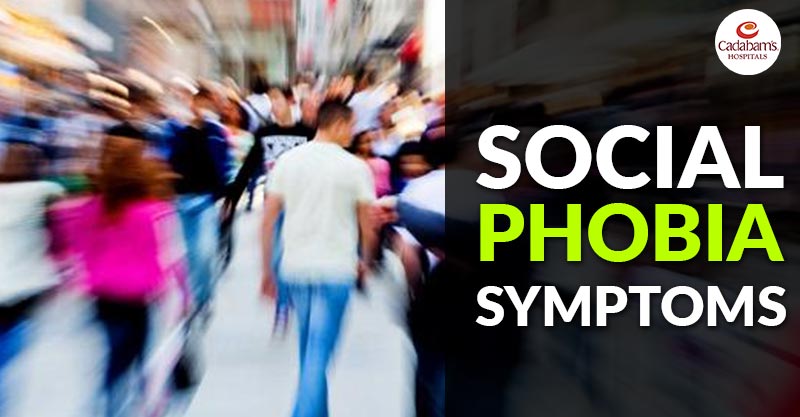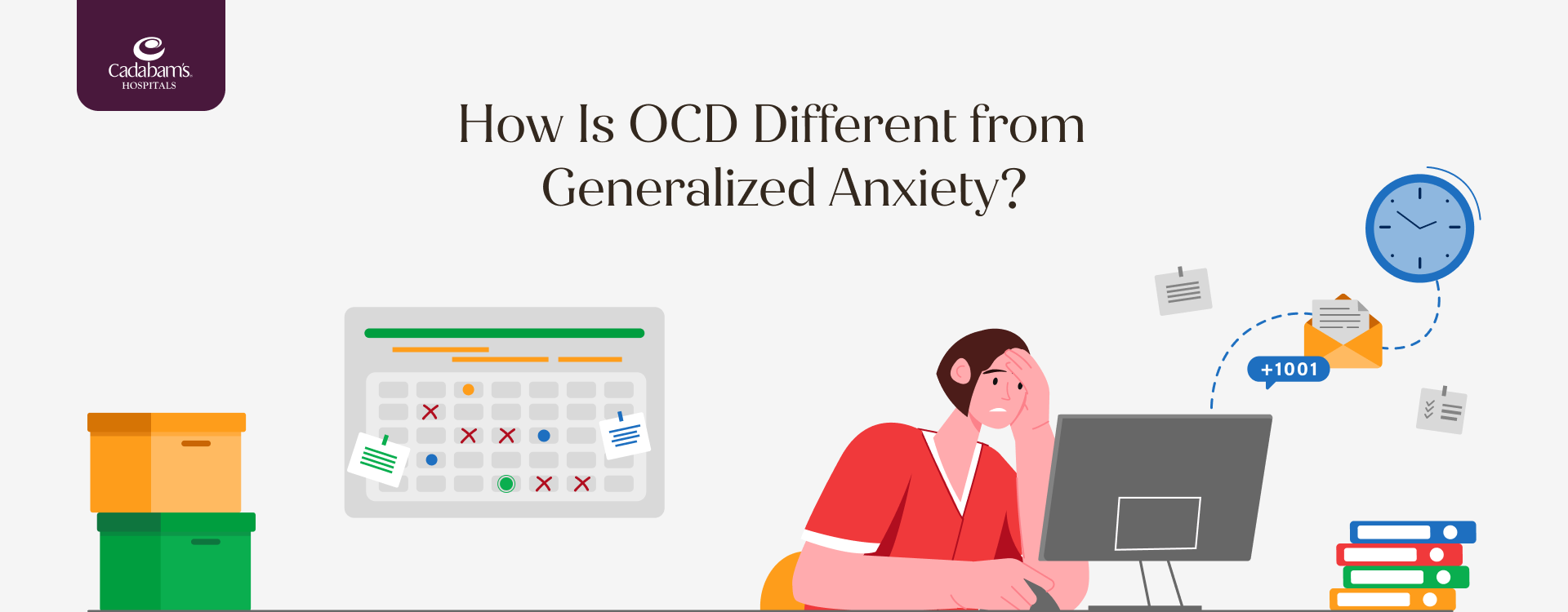Table of Content
Have you felt overwhelmed when someone comes over to your place, and you feel an aching sense of dread that “Oh my god, I have to actually talk to these people?” Do you find that you’re unable to bring forth your opinions/points when asked to engage in public speaking? Then you are not alone- social situations are not the easiest to deal with, and there are many people who have a fear of being social, to a certain extent. We all worry about what others think of us here and then, but this should not be the case in your everyday life. If this affects your daily functioning, then maybe it is wise to get to know a little more about this disorder.
What is Social Phobia exactly?
Social phobia, formally called Social Anxiety Disorder is a disorder that is classified by the experience of acute fear and stress when immersed in social settings. There is a distinction between nervousness when presenting something important, or speaking in public for the first time. Social anxiety is more complicated than that, people who are affected by this disorder are extremely hassled by social situations (most of them) and it affects their daily life.
What are some Social Phobia/Anxiety symptoms?
Most of these symptoms are likely to show if you have a social phobia:
- Anxiety and/or fear in cases wherein you have to be social. Fear of judgment, being watched and scrutiny is what causes the anxiety
- Stress that is not proportionate to the situation, i.e. irrationally stressed beyond a certain point of functioning
- Distress that is causing avoidance of social citations
- Distress that is causing to tolerate social citations while being under immense stress
- Physical symptoms such as blushing, sweating, nausea, vomiting, trembling, difficulty in talking, not making eye contact, and increased heart rate.
These social phobia symptoms show in different ways when you’re a child versus when you’re an adult. Children are likely to throw a temper tantrum, be clingy and be frustrated. When you’re an adult, you’re learned enough to not behave in these immature ways, but the anxiety shows in other ways. We end up being irritable, avoiding people and situations (because we can now), and staying in places where we need not be for our growth.
How can I diagnose Social Anxiety Disorder?
Self-diagnosing is never suggested. It needs to be diagnosed by a professional, such as a psychologist in this case. Going over your case is very important, as each individual’s case is very different. If one meets these symptoms more or less, then your psychologist could start treatment immediately.
What are Social Phobia causes?
ANY and all social situations can be a form of social anxiety, it really differs from person to person. A person could be afraid of making a dentist’s appointment over call, and someone else could feel anxious to talk to the dentist themselves.
People who face social anxiety are not to be confused with people who are introverts. Not all introverts have social anxiety, and not all people who have social anxiety are introverts, which is a common generalizing and misunderstanding. Nor do they ‘dislike’ people, they are and can be very close to people. In most cases, it is the kind of situation wherein one is judged and could be possibly humiliated that causes social anxiety.
What can we do in cases like this?
Cases of social anxiety can be debilitating for the individual, and there really are levels of severity that we need to consider. There is a challenge associated with getting help- whether you have social anxiety or not- and then social anxiety definitely doesn’t help. There is a fear of being perceived a certain way, but there is no need to fear a case like this. Doctors and psychologists are there to help you get better and treat these issues. Reaching out can be tough, but that shouldn’t be deterring you from getting the help you need. Going for the first time is often a challenge, so perhaps bringing a close friend, a family member, or anyone who supports you completely in the process can definitely help.
Overcoming Social Phobia: What is the treatment of Social Phobia like?
Like with most mood disorders, your psychologist is likely to prescribe medications for the same. There is also usually some form of psychotherapy such as Cognitive Behavioural Therapy. Since the set of triggers is different for different people, the treatment also requires to slowly adjust to social situations as well.
Social anxiety, or social phobia, has similarities with general phobia disorders (which is why it is commonly known as the same, phobia of social situations).
In most cases, going to/engaging with support groups is also encouraged. The very idea of being in a group of people who face the same thing, and therefore can understand and relate personally is comforting to most people who are having the same fear. They can open up and talk freely about help and solutions which they may not be open to during therapy.
Tips for Supporting a Loved One With Social Anxiety Disorder
At the end of the day, these are not a substitute for professional help. However, these small methods can help in keeping calm and prepared and preventing exhaustion.
- Sleeping it off- Sleeping can help your emotions to regulate. Even though it may be tough to sleep while feeling anxious, it is essential to try since without sleep the anxiety will not get better.
- Partaking in mindful habits- Eating well and working out is definitely helpful. Both of these are helping your body prepare itself better for the physical part of the day, and along with sleep, these two can definitely help maintain a stable headspace. Drinking less coffee and more water is obviously good for your body.
- Staying connected with loved ones- Try to not isolate yourself from your loved ones. Making time for calls and video calls is something to do actively, and if you can, meeting people with who you get along can be really helpful for regular social life.
- Avoid alcohol- Or at least be mindful of the quantity you take in. It works as a ‘social lubricant’, but that is not a good long-term solution. The depressant present in the alcohol can end up making one feel worse about themselves after a while. If a habit of drinking is formed then it can lead to addiction to cope with anxiety, therefore it is all in good faith to avoid in excess.
- Actively make downtime/”Me” time- For most people who suffer from social anxiety, there is a certain level of socializing that they can do, after which they need a break. Do things that you love, whatever hobbies or things that you enjoy. This is so important to do and cannot be stressed enough. Do things that help you recover, and prioritize self-care
- Prepare in advance- Although this may not work in some cases, for some it could help by preparing the situation in advance, in the form of a simulation. If you have a tough presentation tomorrow, maybe it could help by talking it to an audience of close ones or parents before you give the actual presentation. The habit itself can reduce your fear, in the sense that you no longer feel like you are totally unprepared.
In Conclusion
Remember, at all times, there is a natural function to anxiety that we all have in ourselves. The sense of perception of the threat is what we work on with therapists. When you start feeling at ease in social situations, by building your self-efficiency, you won’t be as overwhelmed. If you or any loved one around you faces social anxiety, please ask them to reach out for help. It is fully treatable like any other phobia!
How Cadabam's Help you for Addiction?
- 410+ Professional Consultants
- 1,00,00+ Happy Faces
- 120+ Currently Seeking Treatments










